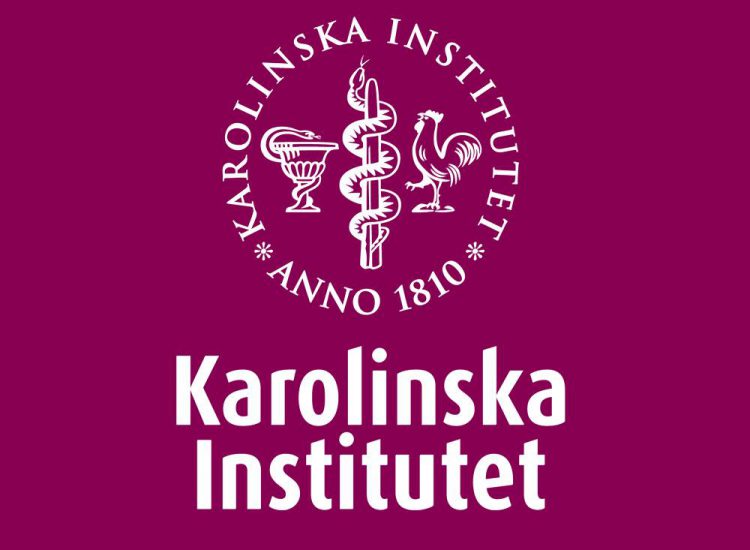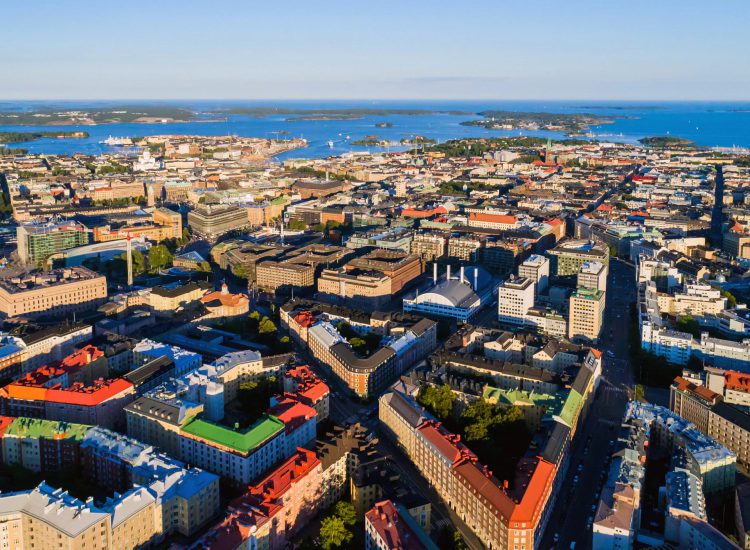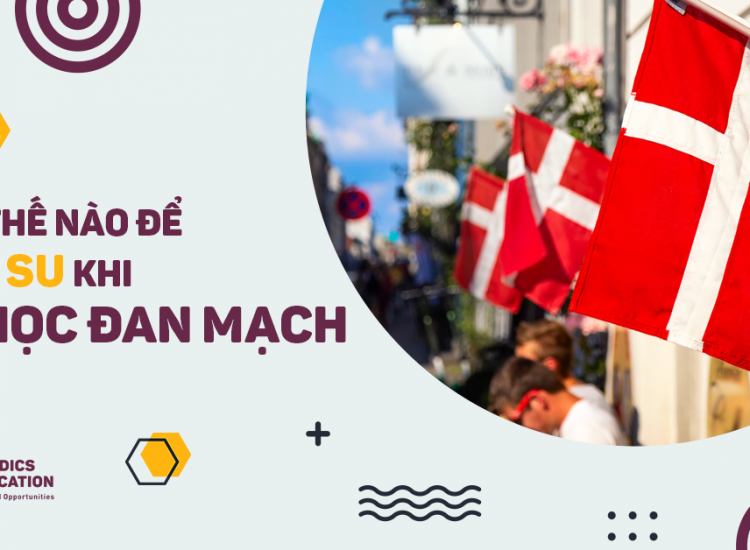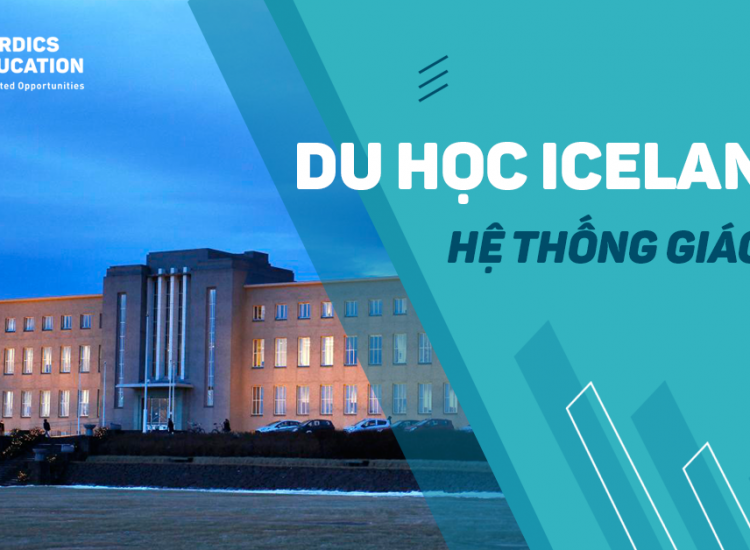Completing a university degree is considered to be an expensive endeavour and tuition fees are usually making up the bulk part of the cost. This is not the case in Norway where public funding secures free education for both Norwegian and international students.
The majority of Norwegian universities and state university colleges are publicly funded and the Norwegian government considers access to higher education for all to be an important part of the Norwegian society. Thus, as a rule, Norwegian public institutions do not charge tuition fees. This also applies to international students, no matter which country you come from.
Private institutions charge tuition fees for their degree programs, but the fees are usually significantly lower than those of comparable studies in most other countries. Also, international students are treated equally to the Norwegian students, and are not charged with higher fees.

High cost country
However, you should take into consideration that Norway is a high-cost country and living expenses are high. International applicants from outside of Europe must expect to document a high level of subsistence to be granted a student residence permit.
Bài viết liên quan:
- https://nordics.vn/study-news/https-nordics-vn-en-study-news-sweden-cost-of-living-and-budgeting-tips-for-students-in-sweden/
- https://nordics.vn/study-news/https-nordics-vn-en-profile-university-of-oslo/
- https://nordics.vn/study-news/https-nordics-vn-en-finland-life-in-finland/
- https://nordics.vn/study-news/https-nordics-vn-en-profile-university-of-southern-denmark-sdu/
- https://nordics.vn/study-news/https-nordics-vn-en-profile-karolinska-institutet/
If certain prerequisites are met you could also be eligible for financial support that can pay for some of your living expenses. Through various fellowship programmes, scholarship schemes or student loans, international students can receive funding for a full degree or a limited number of semesters. You should be aware that these funding opportunities are few and will in most cases not cover the total costs of you stay in Norway. In most cases funding from your home country or the use of private funds will be necessary.
However, many international students in Norway hold part-time work, but you should not rely on that option as the the scope is limited.
Scholarships and grants
Most Norwegian institutions have various bilateral agreements with foreign institutions of higher education. These agreements are usually designed for the mutual exchange of students, researchers and teachers.
However, there are also some national programmes that offer scholarships and other types of funding for international students to study in Norway. Certain restrictions and prerequisites apply for all these programmes. In addition, there are various scholarships available offered by private and non-profit organisations.













